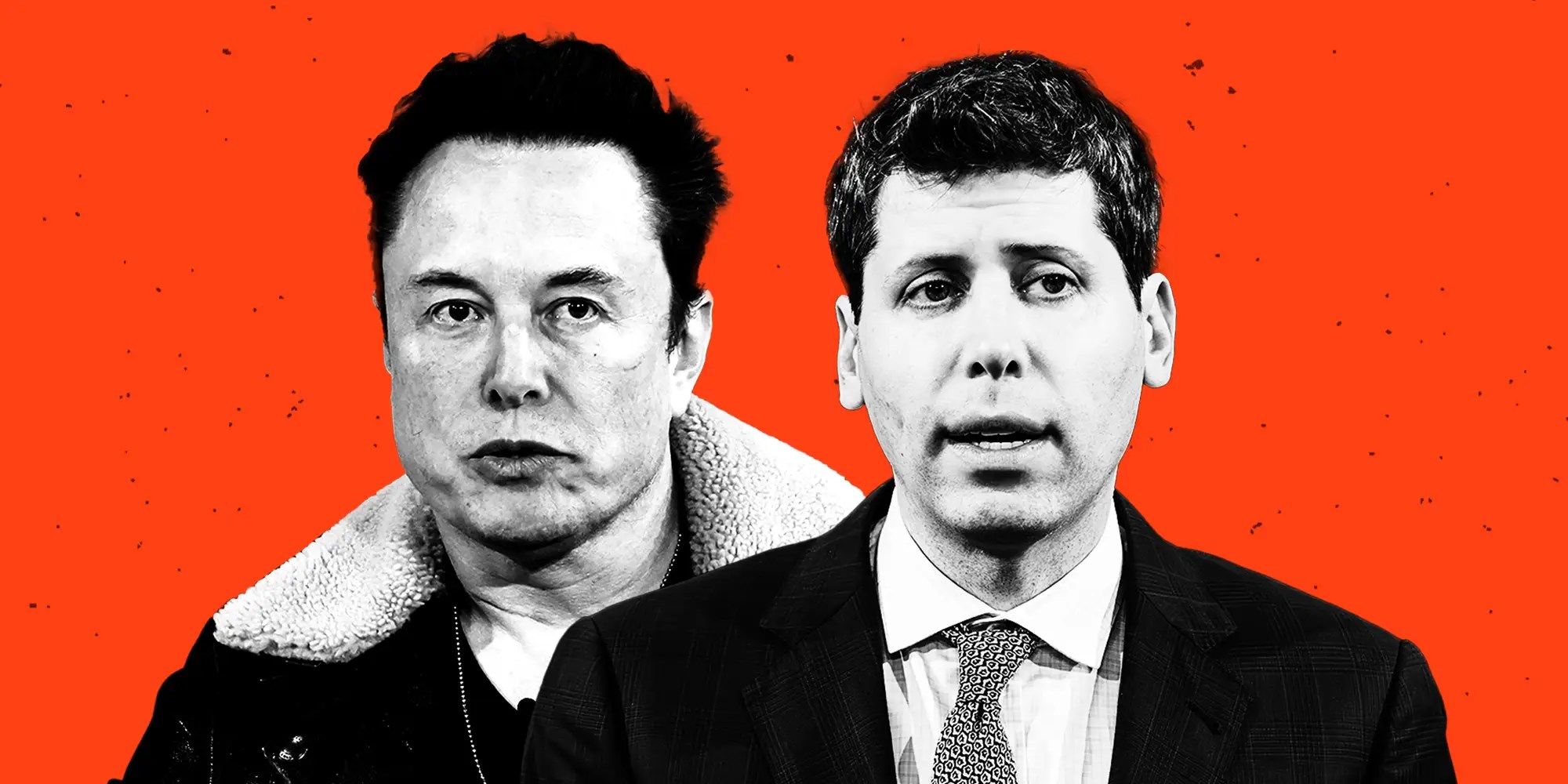
Elon Musk’s lawsuit against OpenAI is struggling, though there’s still a sliver of hope.
Musk alleges that OpenAI’s transformation from a nonprofit, which he helped found, into a corporation goes against its founding purpose of creating artificial general intelligence (AGI) for the benefit of humanity. Musk demands the nonprofit compensate him for three times the $44.6 million he donated and to release all research behind its GPT-4 model, which could help his rival company, xAI.
However, legal experts suggest Musk’s case might falter due to the legal limitations on donors reclaiming their contributions.
Donor Laws Limit Musk’s Case
Musk’s legal challenges lie in the U.S. legal system’s treatment of donors suing charitable nonprofits. Brian Quinn, a corporate law professor at Boston College, points out that such claims rarely succeed. “All those cases fail,” he states, explaining that donors have little recourse once funds are donated.
Luís Calderón Gómez, a tax law expert from Yeshiva University, concurs, noting that Musk’s early attempts at a refund face an uphill battle. Despite this, Musk’s legal team has expanded the charges, accusing OpenAI of fraud, racketeering, false advertising, and unjust enrichment.
Musk Accuses OpenAI of Multiple Offenses
Musk’s lawsuit centers on a supposed “Founding Agreement” with OpenAI CEO Sam Altman, which Musk claims prohibits the nonprofit’s conversion into a for-profit entity. However, Musk has been unable to produce this document, instead relying on OpenAI’s December 2015 Certificate of Incorporation to back his argument.
Calderón Gómez suggests Musk’s case would be stronger if he could prove he acted as a co-founder rather than a mere donor. Still, OpenAI’s legal team argues that Musk’s claims lack evidence and should be dismissed, describing his accusations as “dressed up in hysterical language” without substance.
OpenAI Moves to Dismiss Musk’s Case
OpenAI’s lawyers have moved to dismiss Musk’s second lawsuit, citing 82 legal precedents to bolster their argument. They claim Musk has not presented factual or legal justification to support his case, and Musk’s failure to produce the “Founding Agreement” further weakens his position. The case may hinge on whether Musk can prove that OpenAI’s leaders intended to defraud him when it was founded.
OpenAI, now a highly valued company, has been candid about its plans to convert into a normal for-profit corporation, although it has yet to turn a profit. Investors, undeterred by the nonprofit’s complex structure, continue to show interest, and the company was recently valued at $157 billion. Musk, who left the OpenAI board in 2018, has become increasingly critical of his former creation. He initially praised the launch of ChatGPT but later accused OpenAI of straying from its mission. Musk has since established his own AI research lab, xAI, aimed at competing directly with OpenAI.
In a separate legal twist, OpenAI revealed internal emails showing Musk’s prior support for its transformation into a for-profit entity. OpenAI claims Musk sought majority equity, board control, and the CEO position at OpenAI, and when his terms were rejected, he suggested merging the company with Tesla. After these discussions broke down, Musk left the organization and later filed his lawsuit.
Legal Experts Doubt Musk’s Case Will Succeed
Legal experts predict Musk’s lawsuit could be dismissed. Quinn argues that while OpenAI’s transition may be morally questionable, it doesn’t constitute fraud. He doubts the courts will indulge Musk’s claims without concrete evidence. Quinn warns that courts are reluctant to allow plaintiffs to pursue cases based on speculative claims.
However, Musk may find support from a consumer advocacy group, Public Citizen, which has filed a complaint with California’s attorney general, arguing that OpenAI’s for-profit transformation should reserve benefits for humanity. If successful, this could result in significant financial penalties for OpenAI, potentially costing the company billions of dollars.
Featured Image courtesy of DonanımHaber
Follow us for more tech news updates.
